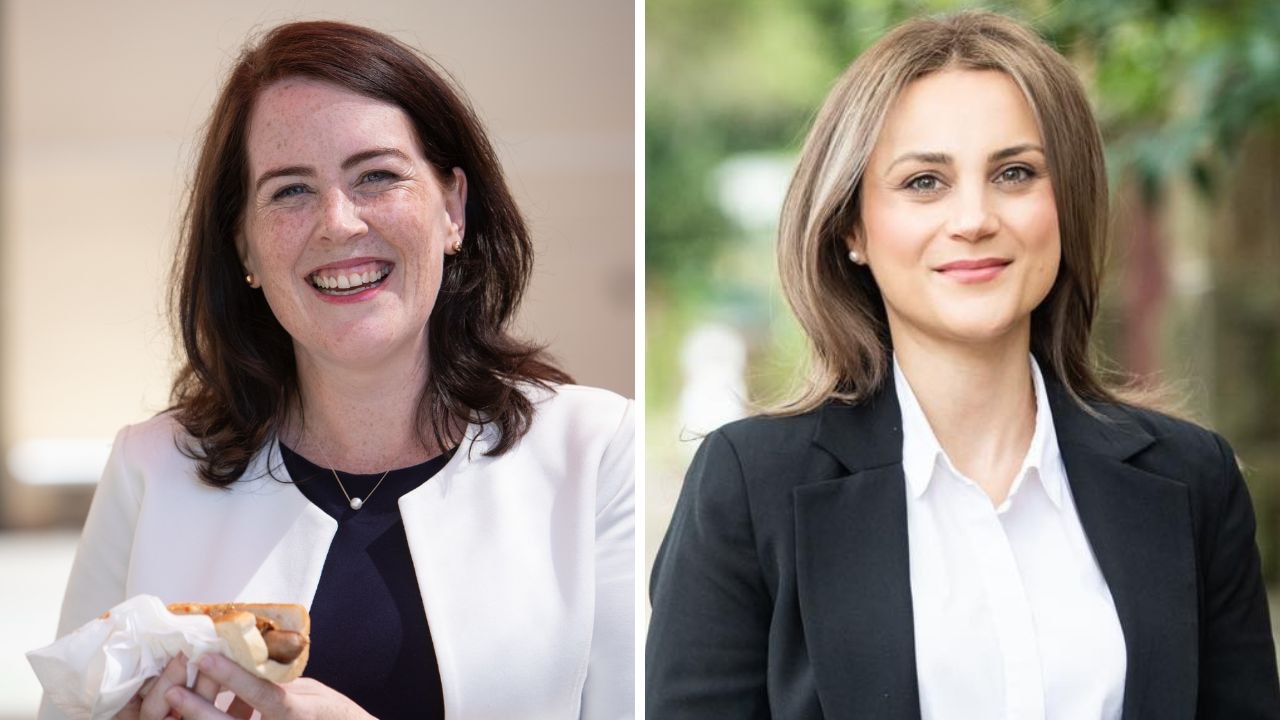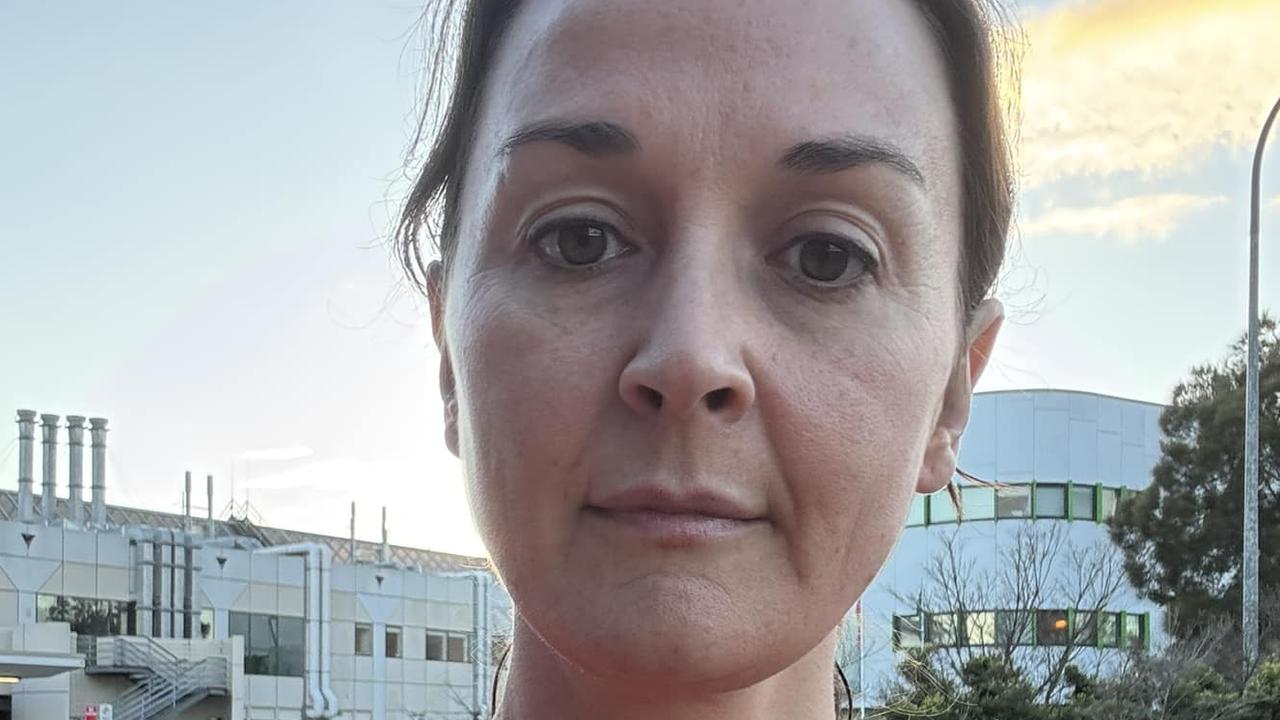Vikki Campion: Why Penny Wong’s new-found faith in nuclear gives hope to all of us
Penny Wong’s new-found faith in nuclear capabilities, gives hope to every person battling to pay their skyrocketing power bills, writes Vikki Campion.
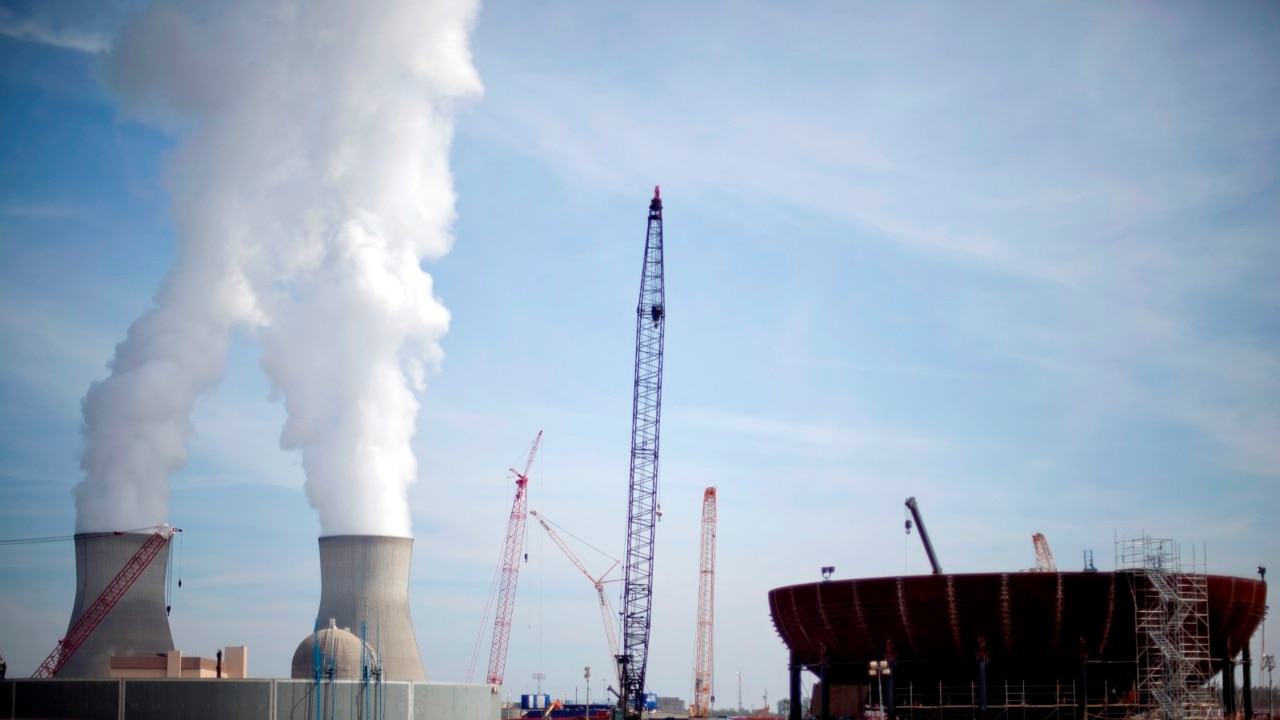
NSW
Don't miss out on the headlines from NSW. Followed categories will be added to My News.
Foreign Minister Penny Wong has had a Damascene moment, moving from the persecution of nuclear to one of its greater advocates — as long as it happens in the holy land of South Australia.
Maturity means changing your position on issues and avoiding getting locked into antiquated religious texts that deny technological changes, geopolitical reality and opportunity.
Wong had always fought nuclear power facilities and nuclear waste storage against former resources minister Keith Pitt last term, and publicly railed against it as far back as 2007.
During the Howard era, she fought what she called “the government’s continued attempt to make South Australia this country’s nuclear waste dump”.
But this week she stood with Defence Minister Richard Marles and South Australian Premier Peter Malinauskas in support of a nuclear industry in her home state as a vote-winner, declaring building nuclear subs “the biggest investment in South Australia in the nation’s history” that will “transform our state for decades”. None of the three ruled out nuclear waste in South Australia and why would they? It’s a $100bn industry.
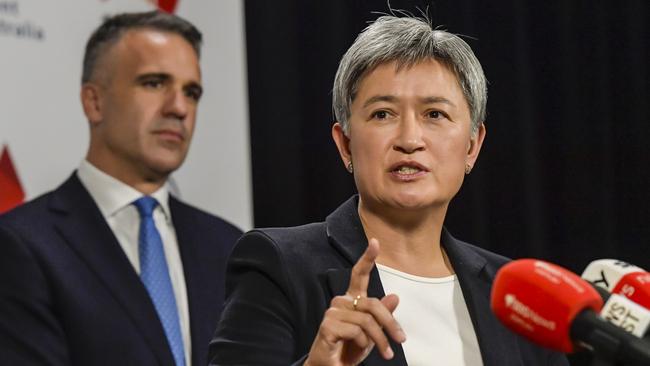
In 2007 she lamented “posturing about expensive and toxic nuclear energy, which is more than 10 years away”, and in 2018 she said Scott Morrison was “blind to the well-documented safety risks of nuclear power, highlighted by events like Fukushima”.
Just last year she said that “the first such nuclear submarine we might acquire under these arrangements isn’t likely to be operational until 2040”.
Now, in 2023, according to Senator Wong, it’s a considered and appropriate move.
It will still be at least an 18-year wait until we get the first SSN-AUKUS sub built in Australia, and we will still need high-level waste storage, but now Senator Wong believes it’s a good thing.
All it needed was a change in government.
This welcome change of heart from Wong helps pave the way to lift the moratorium on nuclear — which a South Australian royal commission has already recommended — and could see nuclear waste as a future renewable fuel.
Physicists explained to parliamentarians last year that high-level nuclear waste is better to be thought of as a by-product that becomes useful again.
The atomic bead used is the size of the tip of your finger. Of that, only 4 per cent is an active component. Once it loses the capacity to boil water, it can be reprocessed to run again.
It took us 46 years and 16 resources ministers to get Kimba in South Australia to store low-level nuclear waste, including protective coverings doctors wear when treating cancer patients with lifesaving nuclear medicine.
Lucas Heights stores intermediate waste, where reprocessed rods are stored in stainless-steel canisters. Surrounding it are homes with $1m price tags, where kids for decades have played in their backyards unscathed
A domestic nuclear industry powering 26 million Australians would be unhampered by weather, and create about one-sixth of an Olympic-sized swimming pool of reusable by-product every few decades.
We are picking and choosing which waste to worry about.
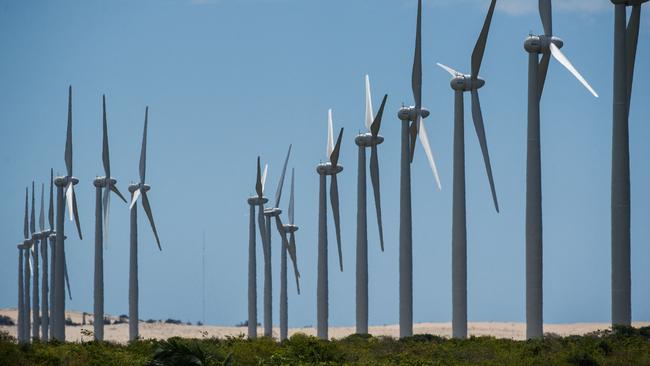
A coal mine cannot be considered without a rehabilitation strategy — unlike wind factories which have never been asked to deliver one by any planning authority.
When you are finished with the more than 3 million solar panels in Australia, with a life of between one and two decades — hailstorms and cyclones permitting — and loaded with cadmium, they are right now predominantly thrown in landfill and their biggest contribution post-use is foul ground.
Unless the renewables lobby sacks up and finds a viable way to recycle wind and solar plants with a fraction of the longevity of either coal or nuclear, as well as the carbon-emitting concrete to hold them up and the grids to connect them, we are just decades away from our most significant environmental landfill problem that carpet-baggers, and wining and dining politicians and journalists, wilfully ignore.
Wong has long fought the cost of nuclear.
The lowest cost of energy assumes all outputs of production are the same. A diesel submarine takes 10 days to get from Perth to Sydney, a nuclear sub takes three. Flying takes five hours, but walking takes 92 days. Under this logic, walking is the way to get to Perth and we should be building footpaths there. It must come back to reliability and affordability.
Tens of billions of dollars put into renewables subsidies have just given a single mum of two in a three-bedroom rental in the Northern Tablelands with no airconditioning or dryer a $1500 power bill.
Like thousands of pensioners and single-income households, she is sick to the stomach thinking about the bill winter will bring.
China, building hundreds of coal and nuclear power plants, is taking the cost of electricity to nearly nothing, while the UK just classed nuclear power as “environmentally sustainable”.
Wong has changed her mind dramatically on nuclear waste, from fervently against it, to shouting its virtue.
Good on her for changing her mind.
A domestic nuclear energy supply may not be government policy now, but her track record shows it can be.
Got a news tip? Email weekendtele@news.com.au




